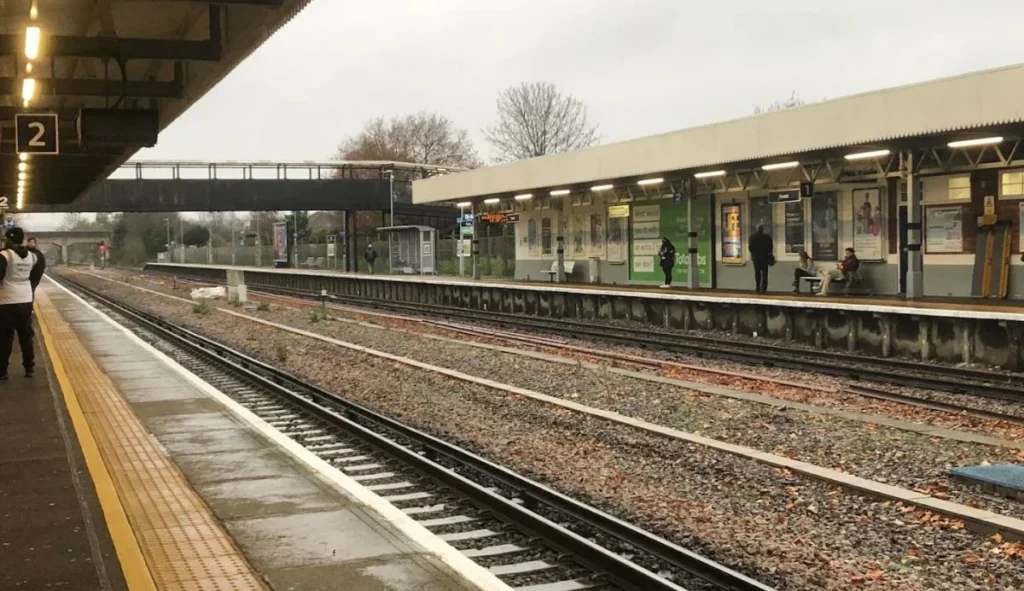Two teenage boys have been arrested after attacking a man in his sixties and fleeing onto railway tracks near Havant station, causing major disruptions to train services.
The victim was hospitalised following the assault by two 15-year-olds last Tuesday (3rd June). Hampshire and Isle of Wight Constabulary officers responded to reports at QuickSnack near Havant Railway Station at 4:40pm.
According to police, the incident began when the man attempted to prevent two teenage boys he suspected of shoplifting. “The man had tried to stop two teenage boys whom he believed were shoplifting and was subsequently pushed to the ground,” a force spokesperson explained.
The victim sustained serious back injuries from the fall and required ambulance transportation to hospital for treatment.
When members of the public attempted to prevent the teenagers from leaving the scene, the pair ran towards the railway line and climbed onto the tracks to escape.
South Western Railway confirmed a trespasser incident between Havant and Fratton stations, resulting in significant disruption for passengers. Numerous services faced cancellations and substantial delays whilst the situation was resolved.
British Transport Police officers attended Havant station to support Hampshire colleagues in conducting comprehensive track searches. Two arrests connected to the incident have since been confirmed.
Emsworth driver arrested on drug charges
A 15-year-old from Arundel, West Sussex, faces charges including grievous bodily harm with intent, robbery, going equipped for theft, shop theft, and possession of a sharp pointed article in public. The second suspect, also 15, from Pulborough, West Sussex, was arrested for grievous bodily harm and robbery.

Both teenagers have been released under conditional bail arrangements until 3rd September whilst police investigations continue.
A British Transport Police spokesperson confirmed officers attended the scene at approximately 4:45pm on 3rd June following reports of someone on the tracks, with thorough searches subsequently conducted.



